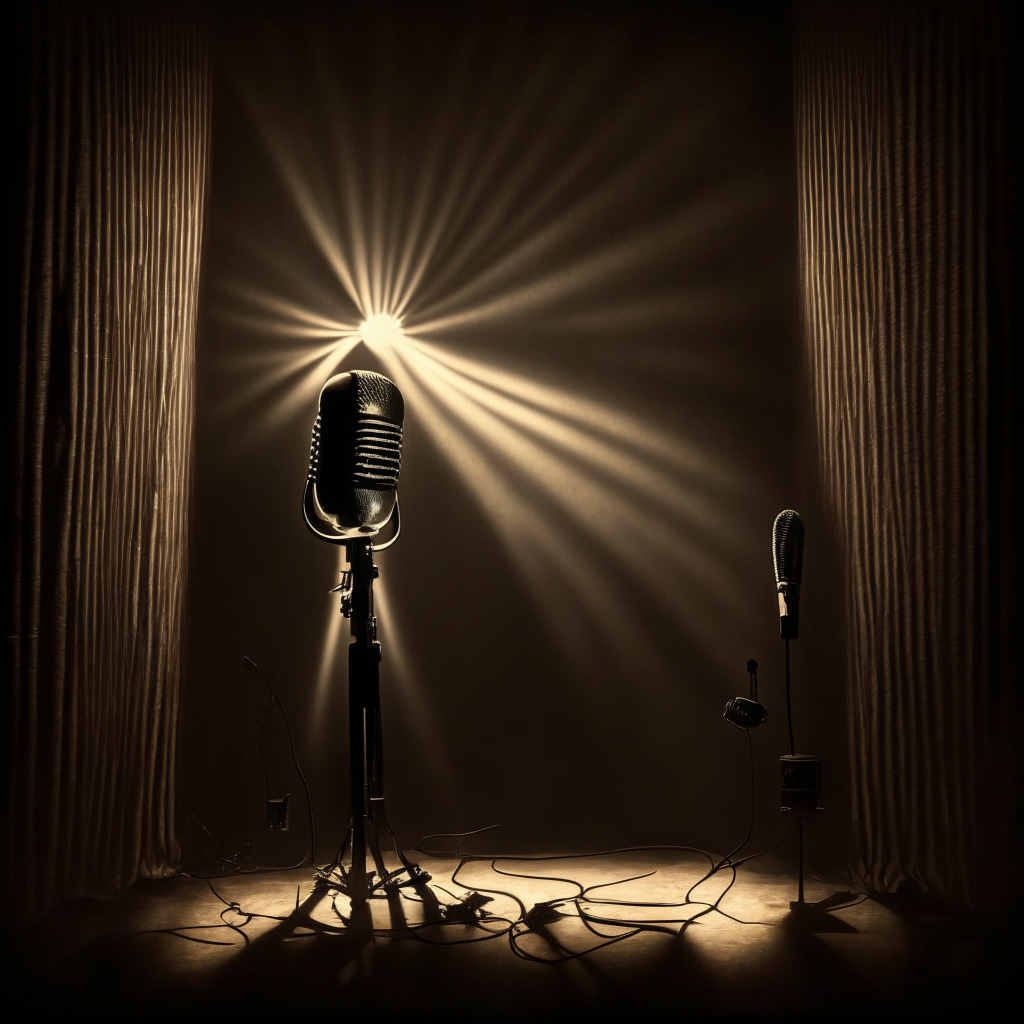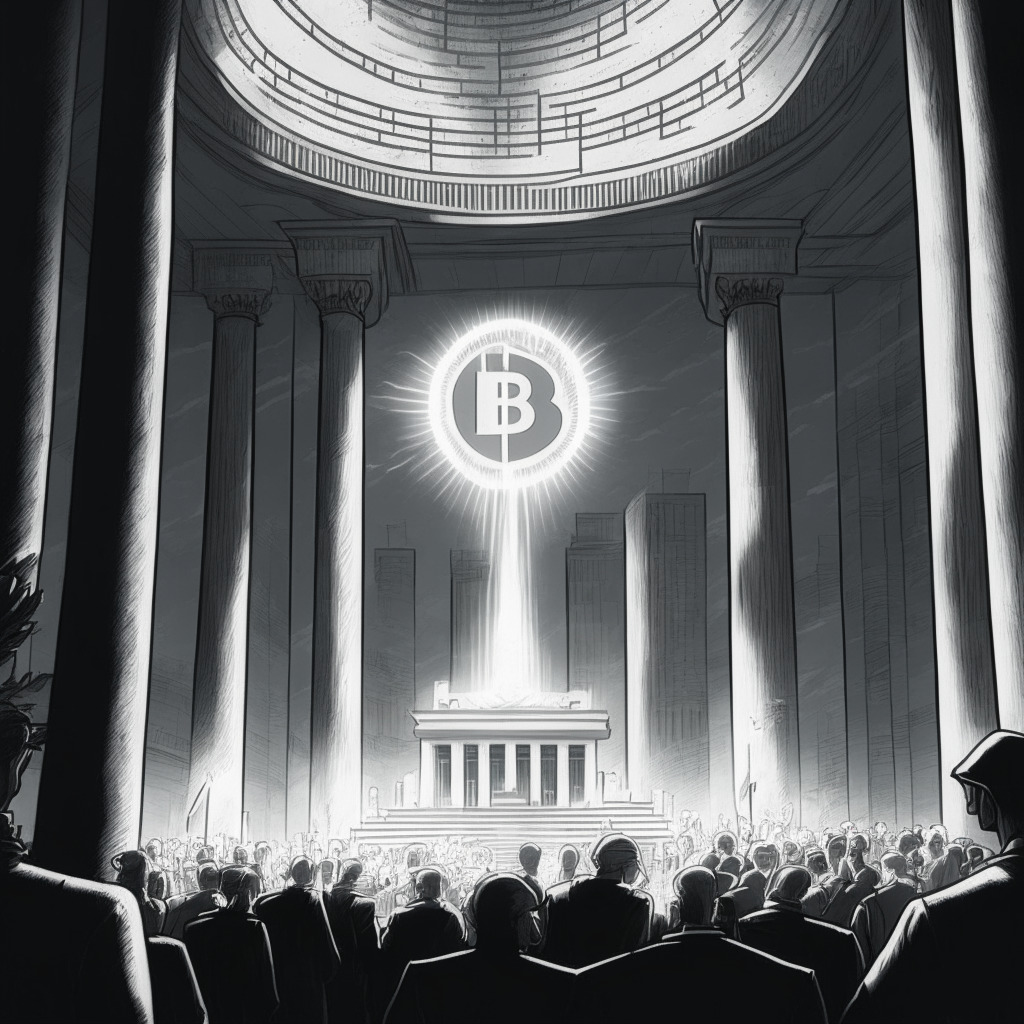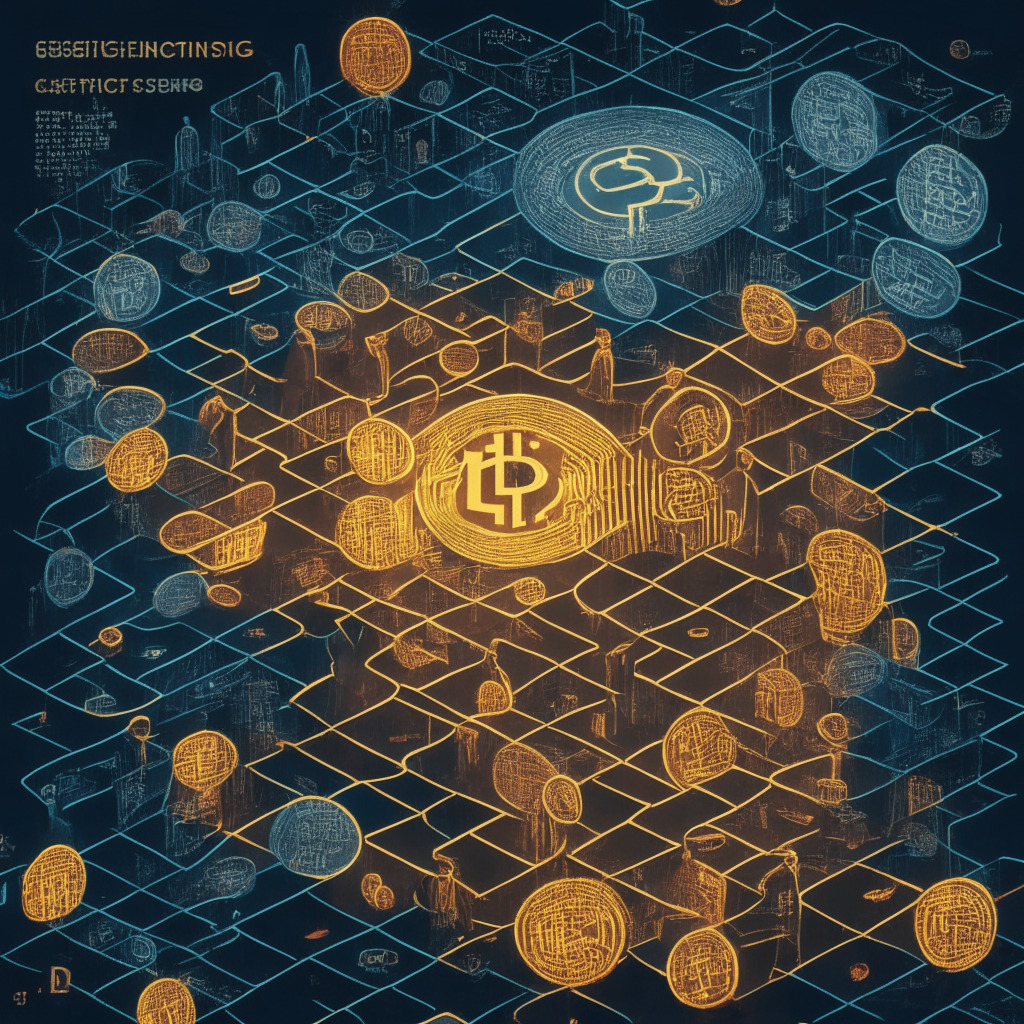The persistent evolution of technology, especially the rapid progression of Artificial Intelligence (AI), is gradually stirring waves of change in every industry, including music. Recently, the CEO of the Recording Academy in charge of the annual Grammy Awards, clarified misconceptions regarding an AI-generated Drake song. The song stirred a wave of controversy, sparking conversations around copyright issues, AI’s role in creative industries, and how regulations are grappling to keep pace.
In a statement released on Instagram, Harvey Mason Jr., elaborated on the ineligibility of the AI song for the Grammy consideration. Despite the song being written by a human creator, the vocals were neither legally obtained nor cleared by the label or artist, automatically disqualifying it from the coveted award. The issue accentuates the nitty-gritty of copyright law in the context of AI and its various potentials.
Concurrently, AI’s place in the music industry isn’t entirely blacklisted. As long as the costarring element of a track, and most definitely the rationale for nomination, is a human creation— it maintains a possibility of being considered. For instance, nominations for vocal performances would require the songs to have been sung by a human. Echoing this sentiment, Mason Jr. asserted that the Academy seeks to advocate, protect, and represent human artists and creators.
Labeling the concept of AI-generated music as both ‘complicated’ and rapidly ‘moving’, Mason Jr hinted at the possibility of more significant transformations within the industry. However, these advancements should not cloud the passion and skills of human creators.
Beyond the human element, the track must be commercially available on foremost streaming platforms, like Spotify and Apple Music, to be eligible for an award. This regulation was another barrier that actively worked against the mentioned Drake AI song. Being removed from popular digital platforms owing to copyright contraventions and absence of artist-label approval, it failed to meet this requirement.
This complex issue stresses how technology’s rapid evolution often outpaces regulations and leaves them scrambling for an answer. Additionally, it also highlights the vital role of platforms in maintaining the integrity of intellectual property of artists.
While technology should be embraced for its tremendous potential, it is crucial to establish a balance that does not devalue nor compromise the contributions and rights of human creators. Perhaps, as AI and other emerging technologies continue their forward march, rules, regulations and the industries will need to adapt, evolving alongside to not let the human essence of creation be overshadowed.
Source: Cointelegraph




